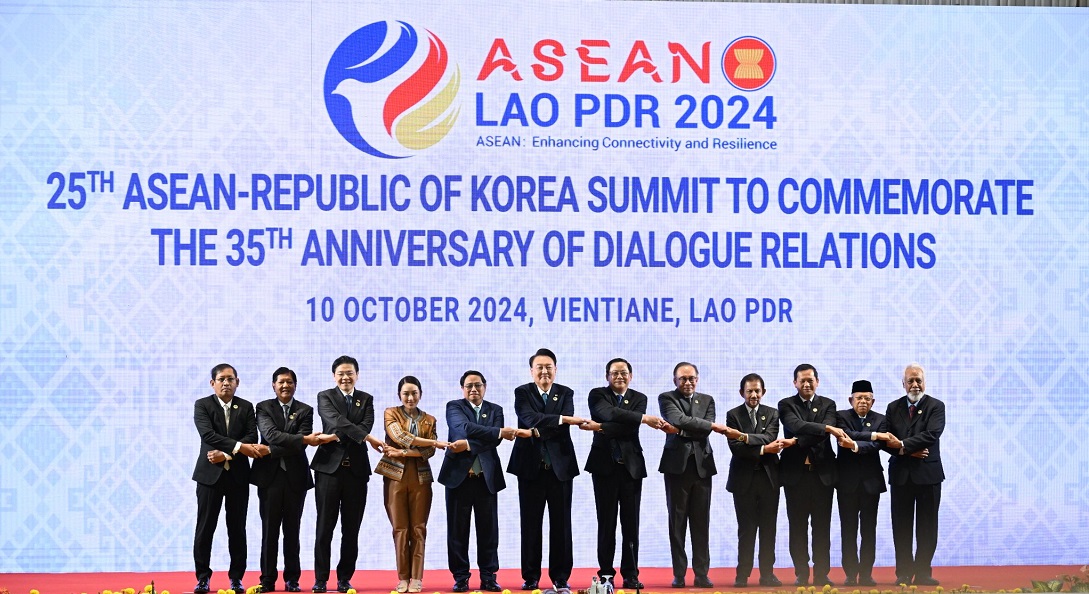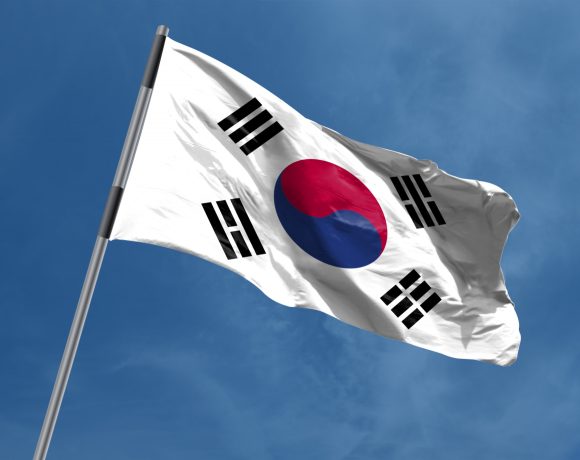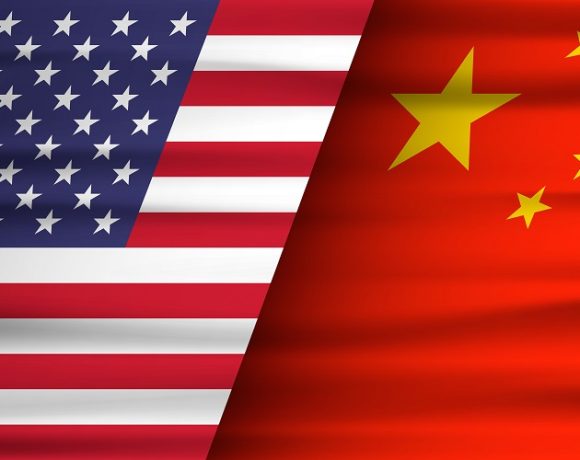
ASEAN Summits Begin in Laos, Focus on Regional Connectivity and Stability
The 44th and 45th ASEAN Summits kicked off in Vientiane, Laos, on Wednesday, emphasizing stronger regional cooperation under the theme “ASEAN: Enhancing Connectivity and Resilience.”
The summits aim to promote sustainable development and address pressing regional challenges through multilateral cooperation.
Lao President Thongloun Sisoulith, speaking at the opening ceremony, urged ASEAN member nations to strengthen their commitment to the common goals of peace, stability, and sustainable development, while adhering to the principles of equality and mutual benefit.
ASEAN Leaders Call for Unity and Multilateralism
Highlighting the need for cohesive action, President Thongloun said cooperation guided by the “ASEAN Way” reflects the unique characteristics of Southeast Asia. This shared goal, he added, is essential for maintaining regional peace, stability, and socio-economic development both within and beyond ASEAN.
“ASEAN must remain committed to upholding its shared principles while embracing multilateralism, ensuring that our regional and international engagements are based on mutual benefit and equality,” Thongloun stated.
Key Summits and Agendas
This year’s ASEAN summits, hosted under Laos’ chairmanship, will also feature various related summits, including the 27th ASEAN-China Summit, the 27th ASEAN Plus Three Summit involving China, Japan, and South Korea, and the 19th East Asia Summit.
Leaders are set to discuss enhancing regional integration, boosting economic connectivity, and addressing geopolitical challenges. The three-day event aims to strengthen ASEAN’s position as a unified and influential body in Southeast Asia, capable of navigating both internal and external challenges.
Building a Resilient ASEAN Community
The summits are guided by Laos’ chairmanship theme for the year: “ASEAN: Enhancing Connectivity and Resilience.” Discussions are expected to focus on building a more integrated and connected ASEAN community that can effectively respond to pressing issues such as economic uncertainties, environmental concerns, and regional security challenges.
Founded in 1967, the Association of Southeast Asian Nations (ASEAN) comprises ten member countries: Brunei, Cambodia, Indonesia, Laos, Malaysia, Myanmar, the Philippines, Singapore, Thailand, and Vietnam. As the region faces evolving global dynamics, ASEAN aims to maintain its strategic relevance and promote sustainable development across its member states.


















